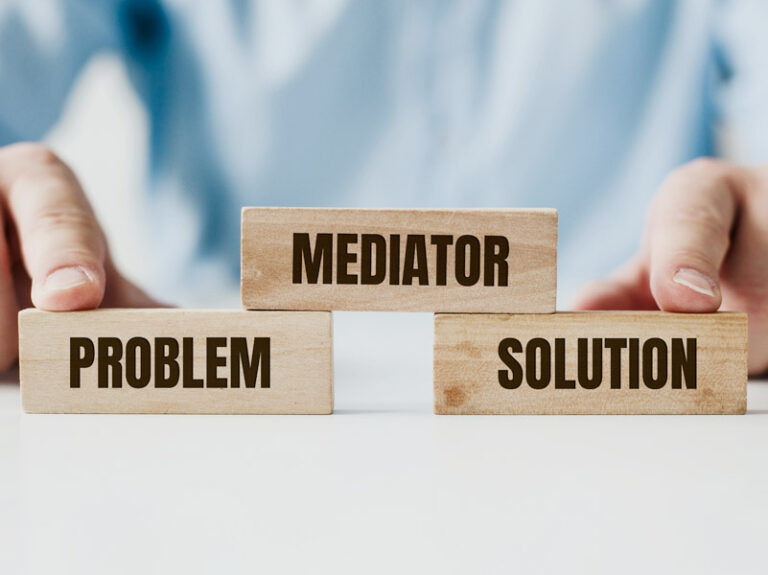Call us now:
Introduction:
Mediation could be the lifeline you need when conflict turns your world upside down. Whether it’s a family issue, business fallout, or workplace misunderstanding — the thought of court can feel overwhelming. Long delays, emotional toll, soaring legal fees… it’s enough to leave anyone drained.
But here’s the truth: not every dispute needs to become a war. Mediation offers a safe, respectful space to talk, understand, and find real solutions — without destroying relationships or finances. This blog reveals why legal mediation is the wise, heart-centered path many are now choosing to protect their rights and their peace.
What Is Legal Mediation and How Does It Work?
Legal mediation is a process where a neutral third party — the mediator — helps people settle disputes out of court. Unlike a judge, a mediator doesn’t take sides or hand down decisions. Instead, they guide communication, clarify misunderstandings, and help find mutual agreement.
Mediation can be used in divorce cases, family disputes, business disagreements, and even workplace issues. It’s voluntary, confidential, and focused on resolution — not punishment.
Why Mediation Is Better Than Court Battles
Going to court can take months — even years. And let’s not forget the legal fees. Mediation, on the other hand, is faster, more affordable, and way less stressful.
Here’s why more people are turning to mediation:
Cost-Effective: You avoid huge legal bills. No drawn-out legal fees — mediation is significantly cheaper.
Time-Efficient: Resolve issues in days or weeks, not months or years.
Private & Confidential: Unlike court, your story stays protected.
Empowering: You stay in control of the outcome, not a judge.
Preserves relationships: Especially important in family or business matters.
When Should You Choose Mediation?
Mediation works best when both parties are open to resolving the issue and want to avoid the pain of court. It’s especially effective in:
Family law matters like divorce, parenting plans, or child custody
Business or partnership disagreements
Workplace conflicts, such as unfair treatment or contract disputes
Neighbor or community issues
Even consumer complaints and civil disputes
Even if trust is broken, a good mediator can create a space where progress is possible.
Conclusion:
Legal mediation isn’t just a legal shortcut — it’s a powerful tool for healing and resolution. If you’re facing a dispute and dread the courtroom, consider mediation. It puts power back in your hands and offers a peaceful, affordable path forward.


